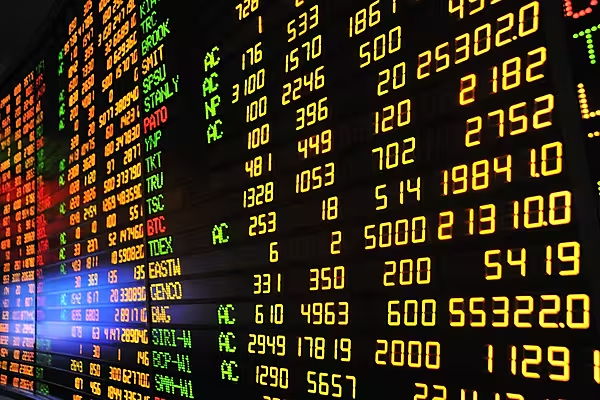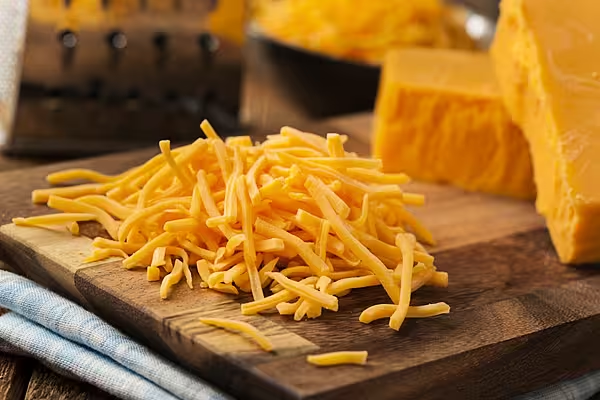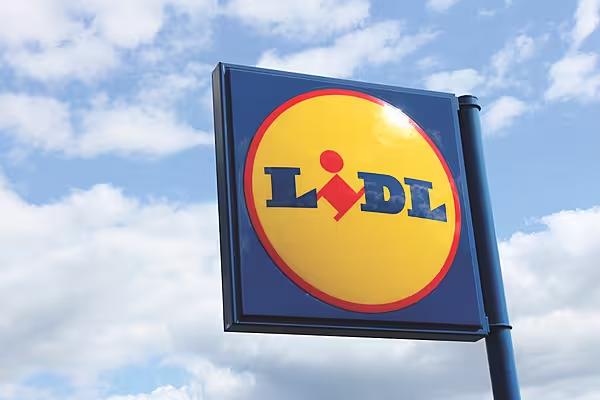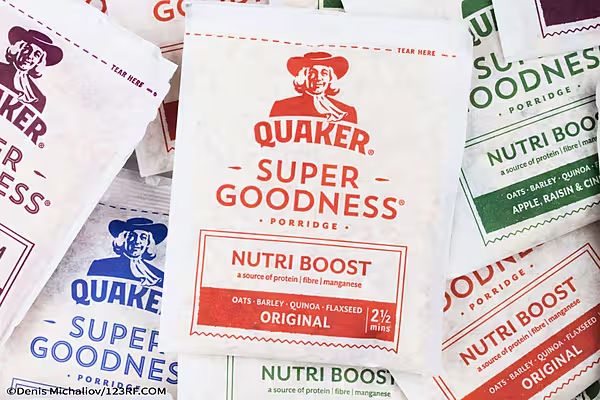British grocery price inflation has declined at a slower rate in January than expected, data from Kantar has shown.
The expectation came from the proportion of items purchased on promotion dropping in January compared to December.
Market researcher Kantar said annual grocery price inflation was 6.8% in the four weeks leading to 21 January. This number is down from 6.9% in the previous four-week period.
The softer decline in January compares with a 2.2% decrease seen between November and December 2023.
Promotions
Head of retail and consumer insight at Kantar Fraser McKevitt said that although there has been speculation about the impact the disruption on the Red Sea shipping route will have on costs, the story in grocery is the battle between supermarkets that offer the best value, rather than geopolitics.
McKevitt said, "Retailers have taken their foot off the promotions gas slightly as we’ve come into the new year, and that’s meant inflation hasn’t fallen as quickly".
He noted that items bought on promotion accounted for 27% of grocery spending in January compared to 32% in December.
Inflation
Last week, the Institute of Grocery Distribution (IGD) said food and drink prices would continue to rise in the UK in 2024.
However, separate data from the British Retail Consortium showed overall prices in UK shops rose at the slowest annual pace this month since May 2022. This added to signs of easing inflation pressures.
Kantar said total take-home grocery sales grew in value by 2.9% over the four weeks year-on-year, a slowdown from December's growth of 7.0%.
Discounter Lidl was again the fastest growing grocer over the 12 weeks to 21 January, with sales up 11.9%.
This was followed by Sainsbury's on 8.1%, discounter Aldi on 7.2% and market leader Tesco on 6.3%.
Read More: Lower Inflation Lifts UK Consumer Sentiment To A Two-Year High







